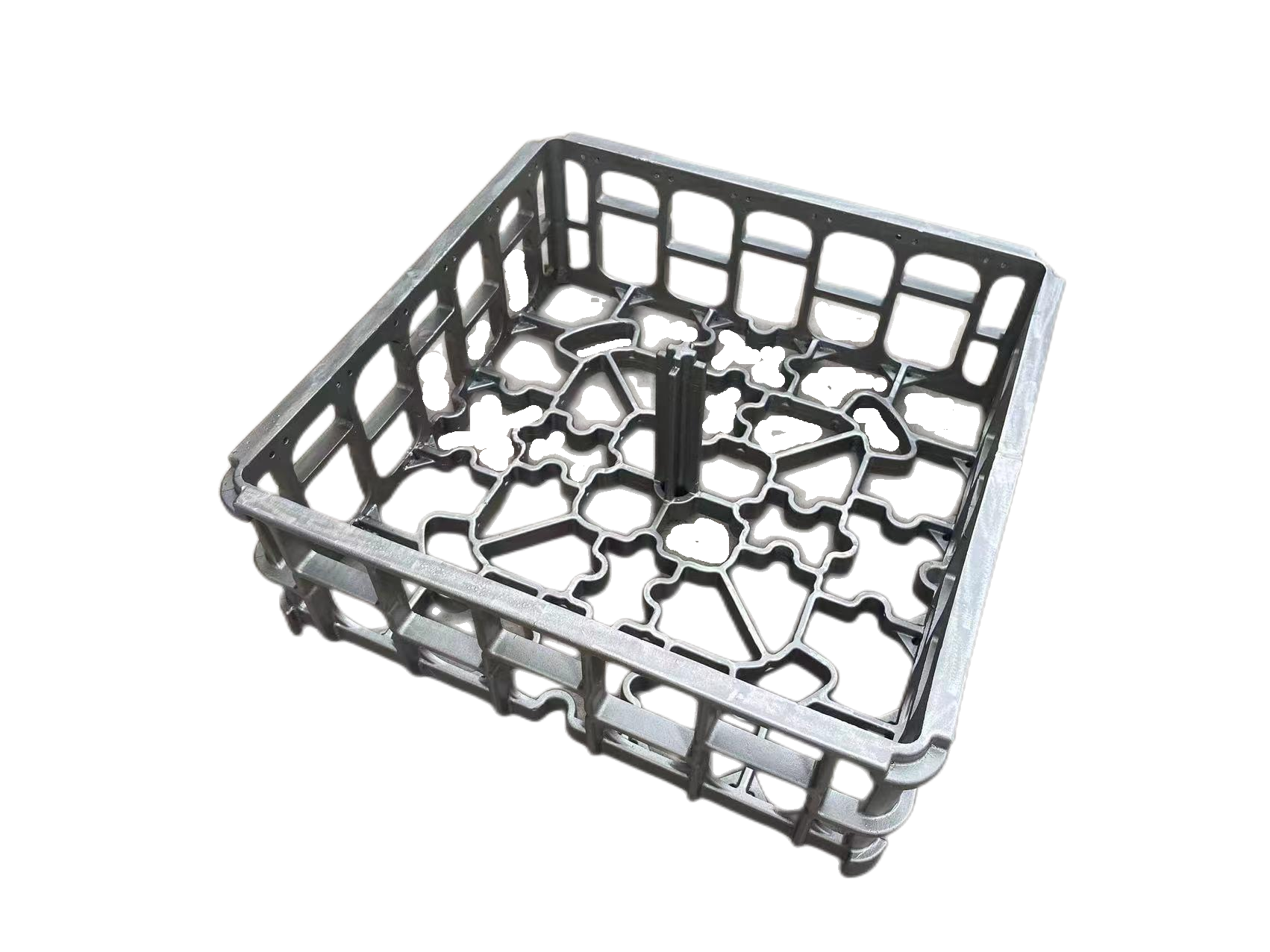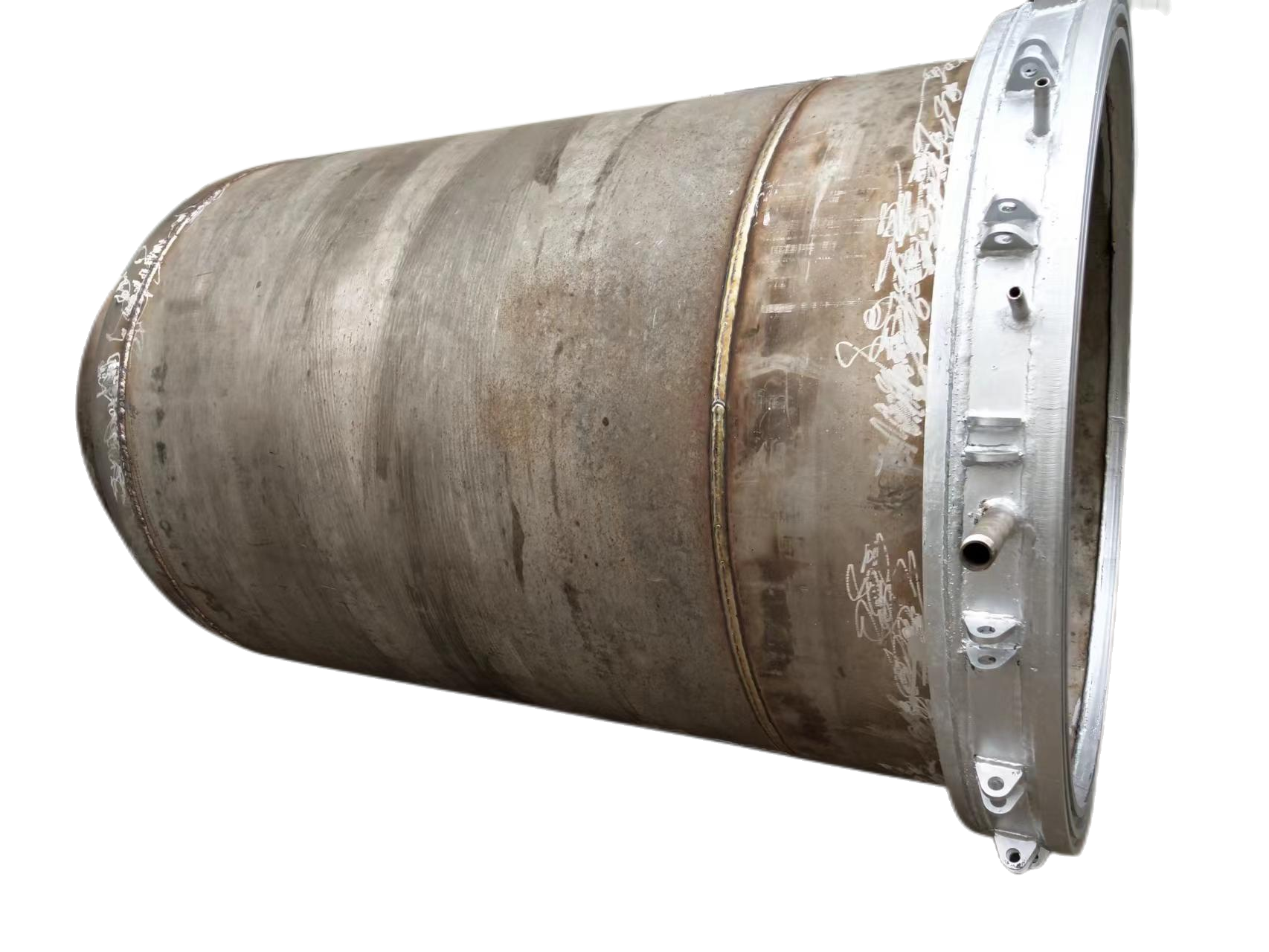precision casting manufacturer
A precision casting manufacturer represents the pinnacle of modern metallurgical engineering, specializing in producing high-quality metal components through investment casting processes. These facilities utilize advanced technology and sophisticated equipment to create complex metal parts with exceptional dimensional accuracy and superior surface finishes. The manufacturing process begins with creating precise wax patterns, followed by ceramic shell building, wax removal, and metal pouring under controlled conditions. The manufacturer employs state-of-the-art quality control systems, including 3D scanning and CMM measurement technologies, to ensure each component meets exact specifications. These facilities typically handle a wide range of materials, from common alloys to specialized metals, serving industries such as aerospace, automotive, medical devices, and industrial machinery. The manufacturing capabilities extend to producing both small intricate components and larger structural parts, with the ability to maintain tight tolerances across various geometries. Modern precision casting manufacturers integrate computer-aided design and simulation software to optimize mold design and casting parameters, resulting in reduced defects and improved yield rates.

